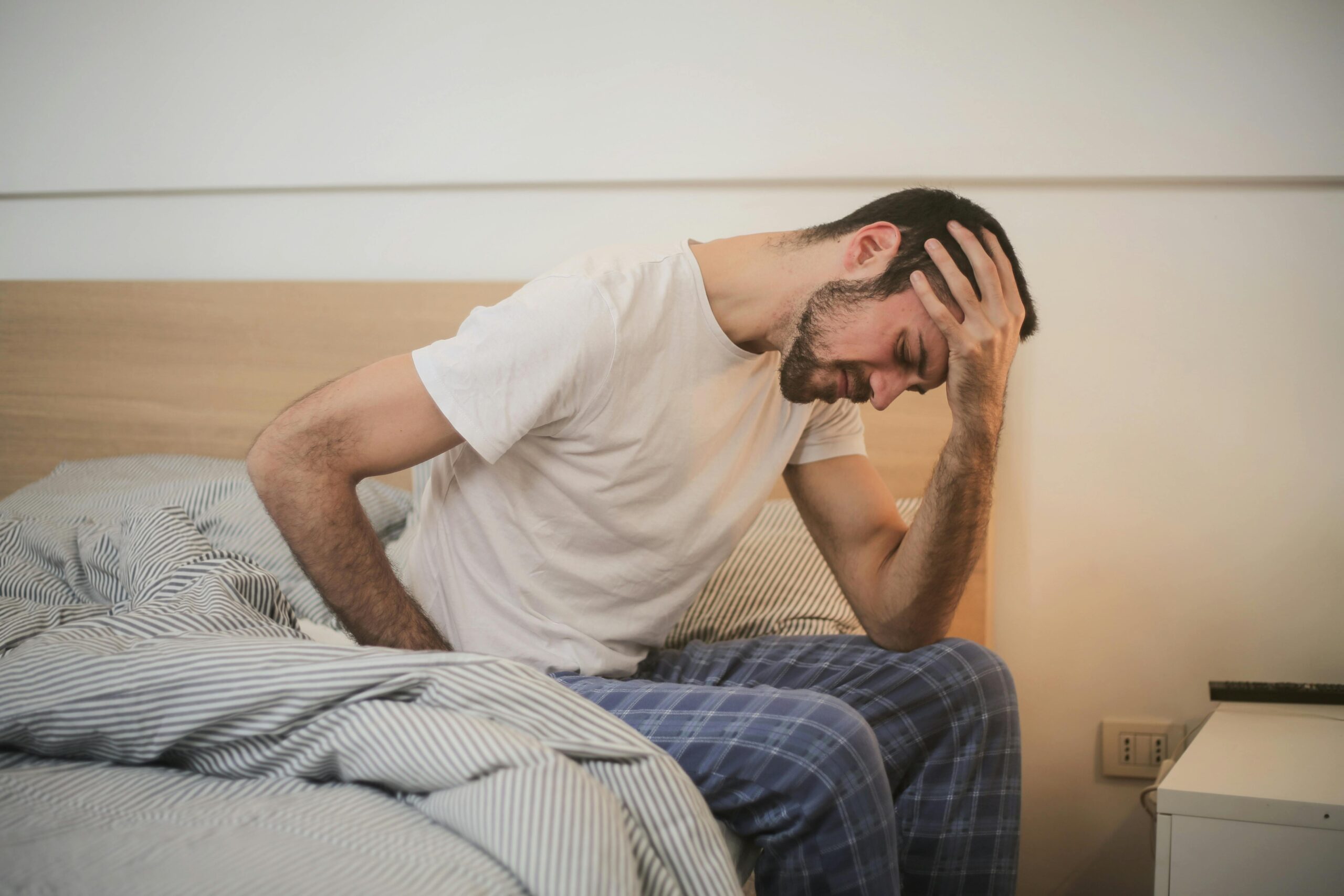Almost everyone has an irrational fear: a spider, the dark or even heights. But some of these fears consume our brains to the point where we can’t think about anything else apart from the problem, causing severe anxiety, panic attacks or putting ourselves in dangerous situations to avoid our fear. This is called a phobia.
Most phobias are developed during early childhood in response to a trauma although some phobias can develop later in life -- 80% of all phobias develop at a young age, making it difficult to overcome when we become adults.
Research by the NHS has found that a phobia can be learned behaviour from a sibling or parent, or in some cases genetics can play a role, with evidence suggesting that some people are born being naturally more anxious than others.
However, a fear is a basic human emotion that we all have programmed in our brains, in response to recognising danger or something that someone may consider frightening or unsettling. Although fears do naturally cause anxiety, we only recognise that they cause anxiety in the moment when we are faced with them. In other words, the fear doesn’t consume a person’s brain in day-to-day life.
One of the most common phobias affecting up to 5.5 million people in the UK is emetophobia. This phobia is based around someone being petrified of themselves being sick or seeing others vomit. Emetophobia is something that I have had to personally deal with throughout my whole life, coping with the many challenges that come with the problem. Vomiting is a natural way of our body rejecting toxicities, therefore it can be a difficult phobia to live with as it can affect everyday activities, like eating, socialising, travelling, exploring new places and cleanliness. Research over the years has suggested that people living with emetophobia can develop obsessive-compulsive disorder (OCD).
80% of people suffering from emetophobia are women, as women have been proven to naturally be more anxious than men.
As emetophobia is extremely common, celebrities have spoken out to fans with how they cope with the phobia, and the stigma and prejudice that come alongside it. Jamie Borthwick, who plays Jay Brown in BBC's Eastenders, revealed to The Sun that his “crippling phobia” has affected him for years, making him not want to leave the house.
He said: “I really suffer quite bad, and it affected me in so many ways. I didn’t want to go out, I didn’t want to shake people’s hands. It became a thing about germs, and I got quite OCD about things like that.
“I didn’t want to be in busy environments where there were a lot of people.
"It just made me feel really anxious and I didn’t like that at all. I don’t really like being away from home. It started off just about that, but then as I got older it developed a bit more into random bouts of anxiety, where I just felt awful.
"I felt so unsafe. Then, it got to a point where it’s really frustrating. It was stopping me from living my life, it was stopping me from going out. I was missing opportunities.”
When assessing whether your fear is a phobia, the types of symptoms that will stand out are the ones that will affect you every day. This is when you will be able to identify whether your fear is a phobia. Avoiding social situations, certain foods, nausea, dizziness, shortness of breath and doing anything possible to avoid encountering our fear, is a sign that you should seek assistance from a GP.
Sarah Clarkson is a personal assistant in a secondary school in Essex and has been an emetophobia sufferer since she was a child. Speaking to her in depth about how she copes working in a school whilst enduring the constant fear of getting ill herself, she said:
“I have had a phobia of sick since I was child, maybe seven or eight. When I was younger, I would have been terrified that if either of my sisters were unwell that I would catch it too. For me, it is the fear of being sick myself. Thankfully, it is rare!
"I have worked in a school for 11 years. In the beginning, the phobia was quite bad. I was always aware when certain students were off school and what ones were off with sickness bugs, but since my boys have left the school, it has got better. I’ve learnt to manage the phobia.
"There are times in school where someone is sick in class or a corridor and this is always traumatic for me. Then I will worry about what has been touched, I will think about what route the child might have taken in the school and I'll try and go another way, or sometimes hide in my office.
"On a day-to-day basis, I can keep my phobia under much more control as you learn with age to justify and be rational about things, but I know it is always there. I used to think I was the only one, but it is actually more common than I ever realised."
People often say that you can overcome a phobia with help, guidance and a clear understanding of how you feel when you are in a situation where the phobia cannot be escaped, but in most cases, a phobia cannot be "cured." We hear that word a lot as people seem to think that having a phobia is like having a disease. The truth is a phobia can get better over time -- not necessarily out of your head forever, as you can never escape things like vomit. Vomiting is a normal process your body may go through, but with inner strength and guidance from counsellors and GPs, and most of all yourself, everyday life will become easier living with a phobia.
As I’ve grown up, I’ve learnt to live with emetophobia. You accept that this is something that you have to live with. Therapy taught me that being sick is natural and is OK. Although I still panic, I don’t let my phobia control my life as I did when I was in school. Dealing with any phobia is never going to be easy, so please seek help.

